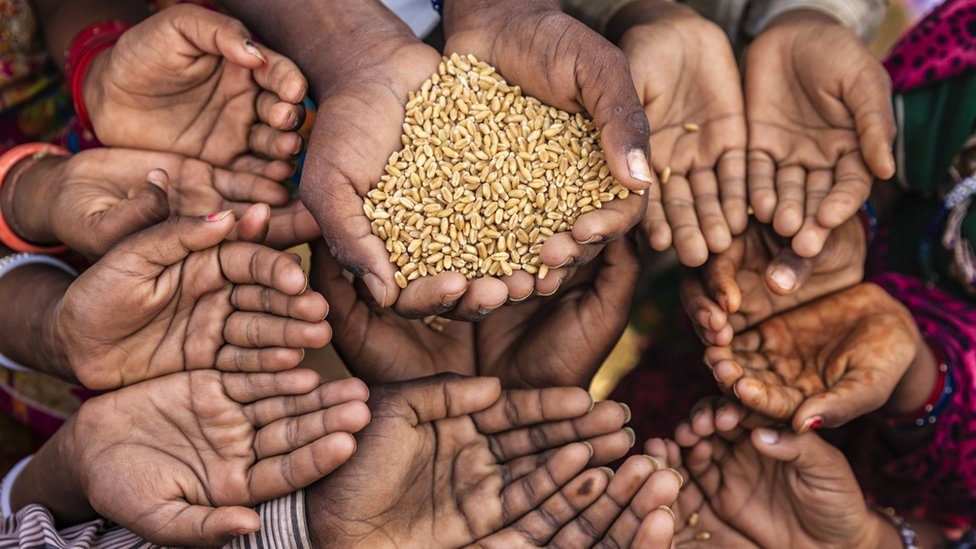Introducing current problems of the society for which we aim to provide a solution
High Rates of Food Insecurity
Food insecurity affects millions of people worldwide, causing malnutrition and hunger. The problem is exacerbated by economic disparities, political instability, and climate change. Addressing this issue requires innovative solutions that increase food production and ensure equitable distribution.

Unequal Distribution of Food Resources
Despite sufficient global food production, disparities in food distribution leave many regions underserved. Factors such as infrastructure deficiencies, economic barriers, and logistical challenges prevent food from reaching those in need. Solving this requires improved logistics, equitable policies, and better infrastructure.
Agricultural Inefficiencies and Waste
Agricultural practices in many regions are outdated and inefficient, leading to significant food waste and low productivity. This problem is particularly acute in developing countries, where farmers lack access to modern farming techniques and resources. Addressing inefficiencies through education and technology is crucial.
Climate Change Impacts
Climate change affects crop yields and disrupts food supply chains, particularly in vulnerable regions. Droughts, floods, and changing weather patterns necessitate the adoption of climate-smart agricultural practices to ensure food security.

Lack of Education and Resources
Farmers in many parts of the world lack the knowledge and resources needed for sustainable and efficient farming. Educational programs and resource allocation are necessary to improve farming practices and increase food production.

